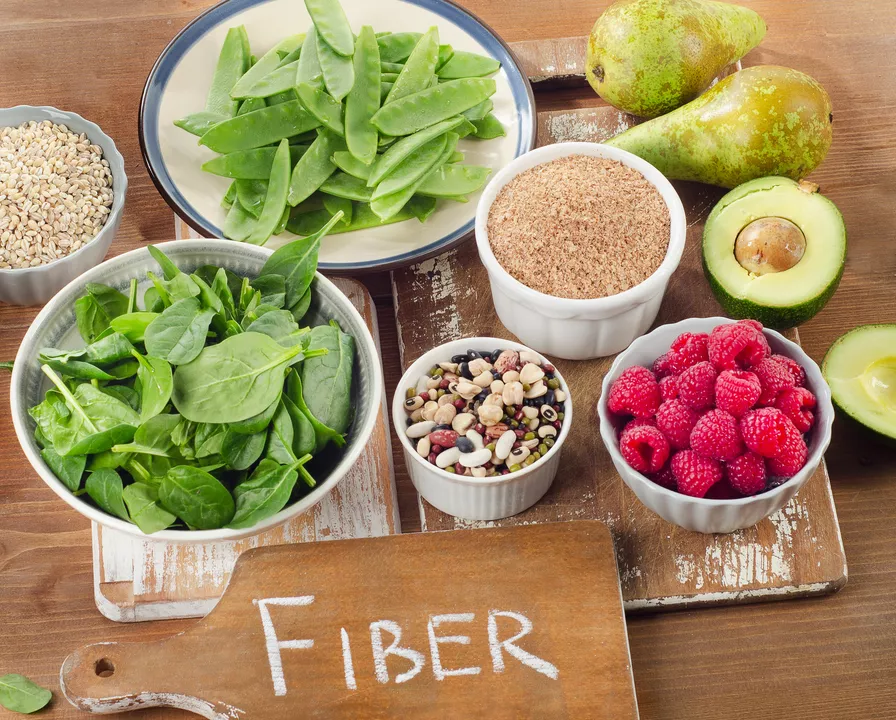Spinach: What to Know About Nutrition, Meds, and Safety
Spinach is an easy, nutrient-packed green you’ll see in salads, smoothies, and soups. It gives you vitamins A, C, and a lot of vitamin K, plus iron and fiber. That makes it great for general health, but a few common medicines and conditions change how you should eat it.
Why spinach helps — and when to be careful
One cup of raw spinach adds fiber, potassium, and plant compounds that support eye and heart health. Cooked spinach delivers more of certain nutrients per bite because it shrinks—so you may absorb more beta-carotene and some minerals after cooking.
If you take blood thinners like warfarin, vitamin K matters. Spinach is high in vitamin K, which affects how these drugs work. That doesn’t mean you must avoid spinach. It means you should keep your intake steady and tell your healthcare team. Sudden big changes—adding lots of spinach daily or stopping it entirely—can shift your INR.
Practical tips: cooking, storage, and pairing
Want more iron from your spinach? Pair it with vitamin C. A squeeze of lemon or a few slices of orange in a salad helps your body absorb the plant iron better. For easier digestion and a softer texture, lightly sauté or blanch spinach. Boiling briefly can reduce some oxalates too—helpful if you’re prone to kidney stones.
Store fresh spinach in the fridge, unwashed, in a breathable bag or container. Use it within 3–5 days. If you buy larger amounts, blanch and freeze portions to keep nutrients and cut waste.
Simple ways to use spinach: toss raw leaves into smoothies for a mild green boost, sauté with garlic and olive oil as a side, or stir into soups and omelets near the end of cooking. Frozen spinach is fine in cooked dishes and often cheaper.
Watch out for oxalates if you have a history of calcium oxalate kidney stones. Spinach ranks high in oxalates, so your doctor may suggest limiting portions or choosing lower-oxalate greens like kale or arugula sometimes.
Some people worry about nitrates in leafy greens. For most healthy adults, dietary nitrates from vegetables can lower blood pressure and are not a problem. If you’re pregnant, taking special meds, or following a unique medical plan, check with your provider.
Final heads-up: if you’re on prescription meds—especially blood thinners—or have kidney stone risk, mention spinach during medical visits. Small changes to how and how much you eat can make a big difference for safety and effectiveness.
Got a question about a medication and spinach? Ask your pharmacist or doctor. They can help set a safe, consistent plan so you can still enjoy greens without surprises.
Spinach: The Natural Dietary Supplement You've Been Searching For
I've recently discovered that spinach is the natural dietary supplement we've all been searching for! It's packed with essential vitamins and minerals that promote overall health. Not only is it low in calories, but it also offers a wide range of benefits, from boosting our immune system to improving our skin and hair. I've been incorporating more spinach into my daily meals, and I can already see the difference! Trust me, you'll want to give this amazing superfood a try.
View more
